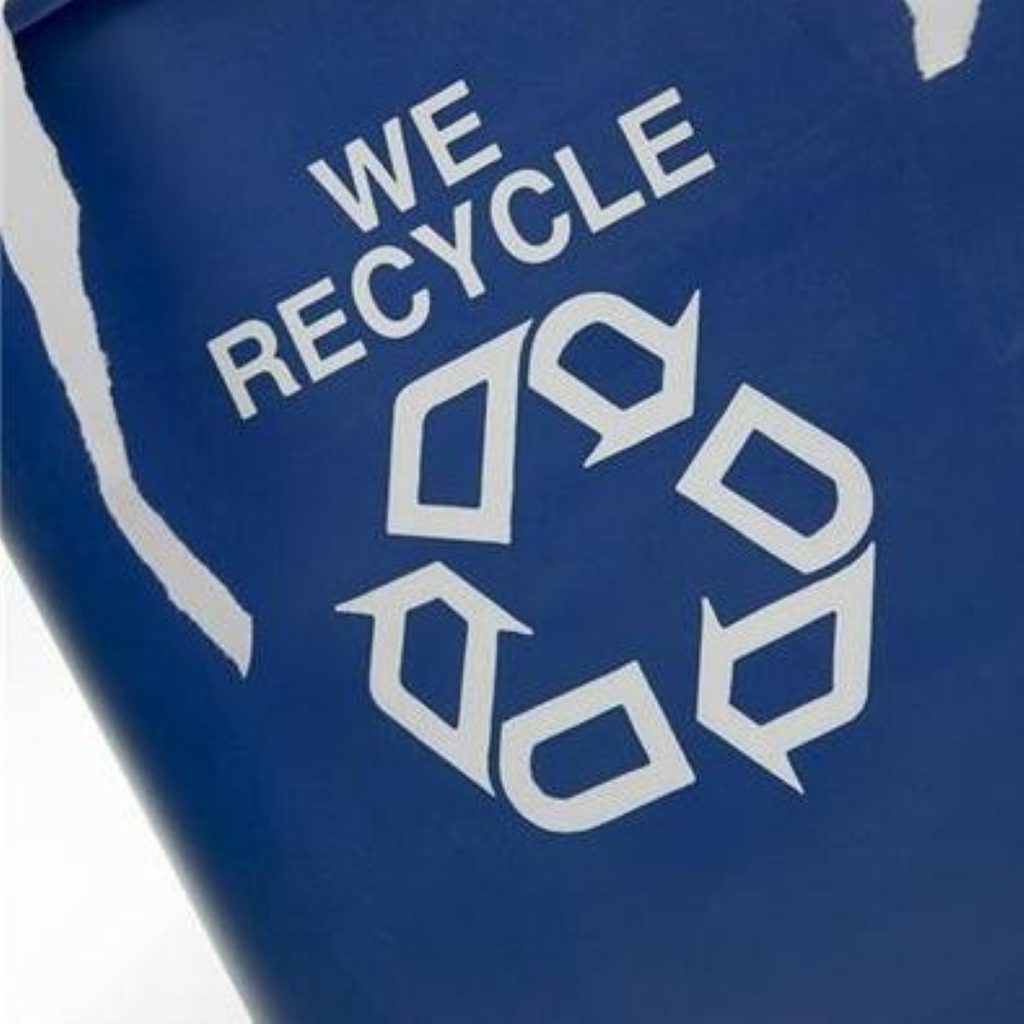Ministers moot prizes for recycling
People could be offered incentives such as laptops, cars and holidays to recycle their household waste after pilot schemes run by the government proved a success.
Defra spent £3.5 million on 53 pilot schemes across England and Wales to see what effect incentives could have on people’s behaviour.
Today’s analysis shows that public participation in recycling schemes increased where incentives were offered, as did the way people did it.
In Hampshire, the number of households putting the wrong things in recycling bins was cut by 50 per cent after residents were offered vouchers to local attractions if they separated it out properly.


Meanwhile, schools in County Durham were asked to compete against each other to recycle the most waste, with equipment such as laptops awarded to the winners. The tonnage of recycled waste collected in the area increased by 13 per cent.
“We’ve trebled recycling since 1997 – but we’re going to have to do much better still if we are to tackle climate change and avoid huge fines for breaking European landfill limits,” said environment minister Ben Bradshaw.
“We are all going to have to change our behaviour radically and these incentive schemes show it’s possible.”
Speaking on the radio yesterday, Tony Blair made clear he believed individuals have as much a role to play in tackling climate change as governments, although he admitted most people needed more information about what to do.
“If each household had three energy-saving light bulbs you would save enough energy, which is the equivalent of all the street lighting in Britain,” he told BBC Radio One’s Newsbeat.
“There are very simple things we can do to make a difference. For everyone who turns down their thermostat by one degree on their heating, if we all did that you could make a huge difference.”
The government is currently looking at introducing an equivalent of the EU emissions trading scheme (ETS) at a household or individual level, where people would be given personal carbon credits to use, buy or sell as they wanted.
“People actually do want to do the right thing, but they kind of look at climate change and they think, ‘This is so enormous and it is global, how the hell am I meant to do anything about it?’,” the prime minister added.












